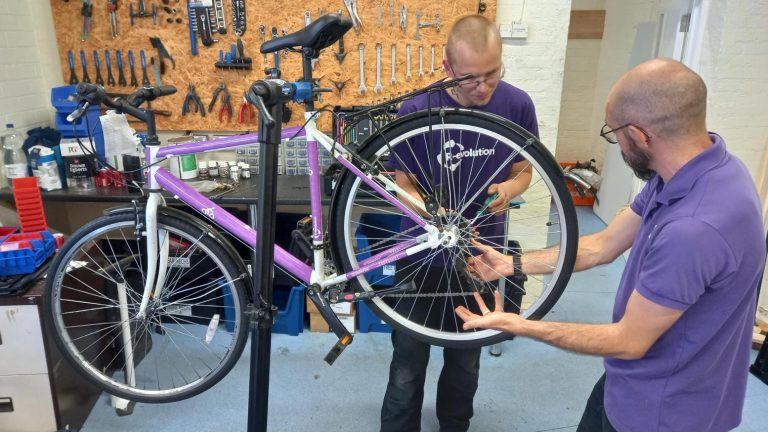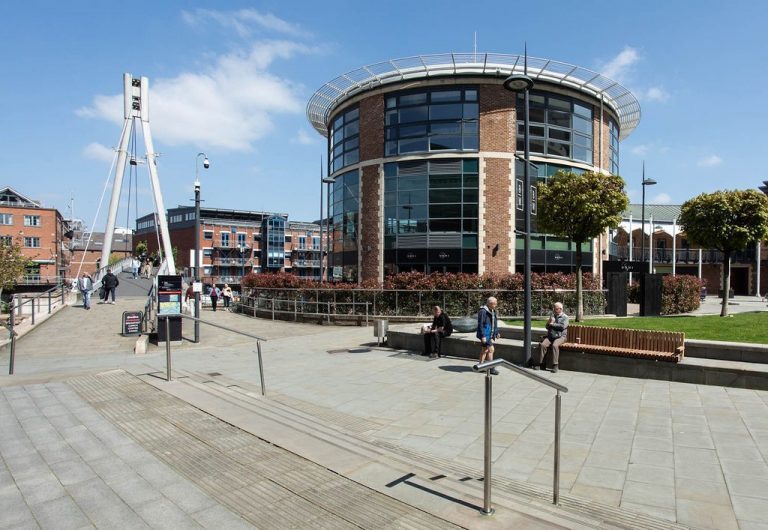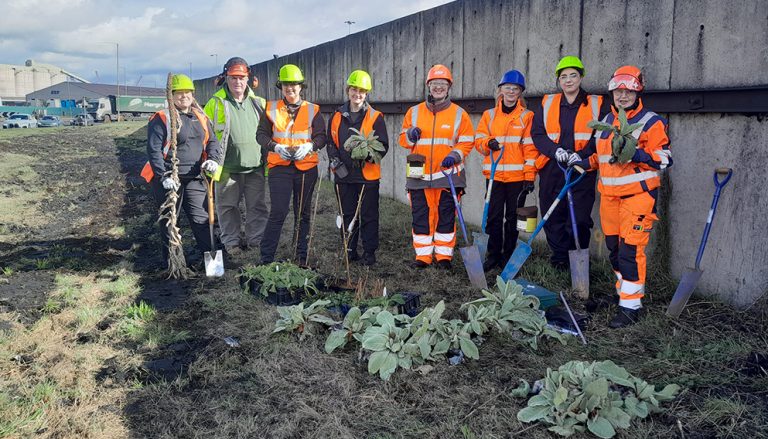As part of the City of Doncaster Council’s preparations for a potential lease of the former Doncaster Sheffield Airport (DSA) site from owners Peel, it has launched a search to find an investor/operator for the airport.
The council has gone out to the market that specialises in this sector ranging from investors with the capital to invest in the airport to aviation experts who have the experience and technical knowledge of running an airport to find the support it needs if the lease is agreed. The council is continuing its negotiations with Peel in the meantime.
A joint statement from the mayors of Doncaster & South Yorkshire & Doncaster MPs said: “This is an extremely positive step to deliver a successful future for the airport. We share this determination, and all believe an airport site of this size and calibre, even now closed, is an attractive proposition to the aviation industry and early feedback in this investor search seems to reflect our collective view.
“This complex piece of work is of course commercially confidential so there are no further details that can be shared. This initiative will continue into the summer and an update will be given when there is more to say and at the appropriate time.
“We are hopeful that this initiative will ultimately reopen the airport. However, we are realistic that this is a complex undertaking and there are no guarantees. The council is still prepared to carry out a Compulsory Purchase Order for the site as an ultimate backstop if either a direct sale by Peel to a party that has shown previous interest or a lease to the council do not transpire.”












